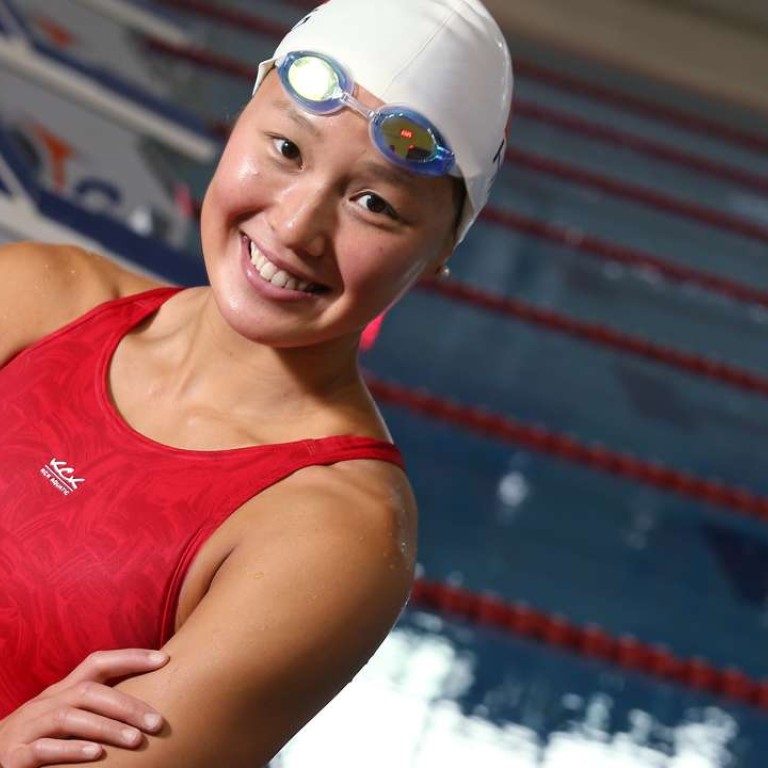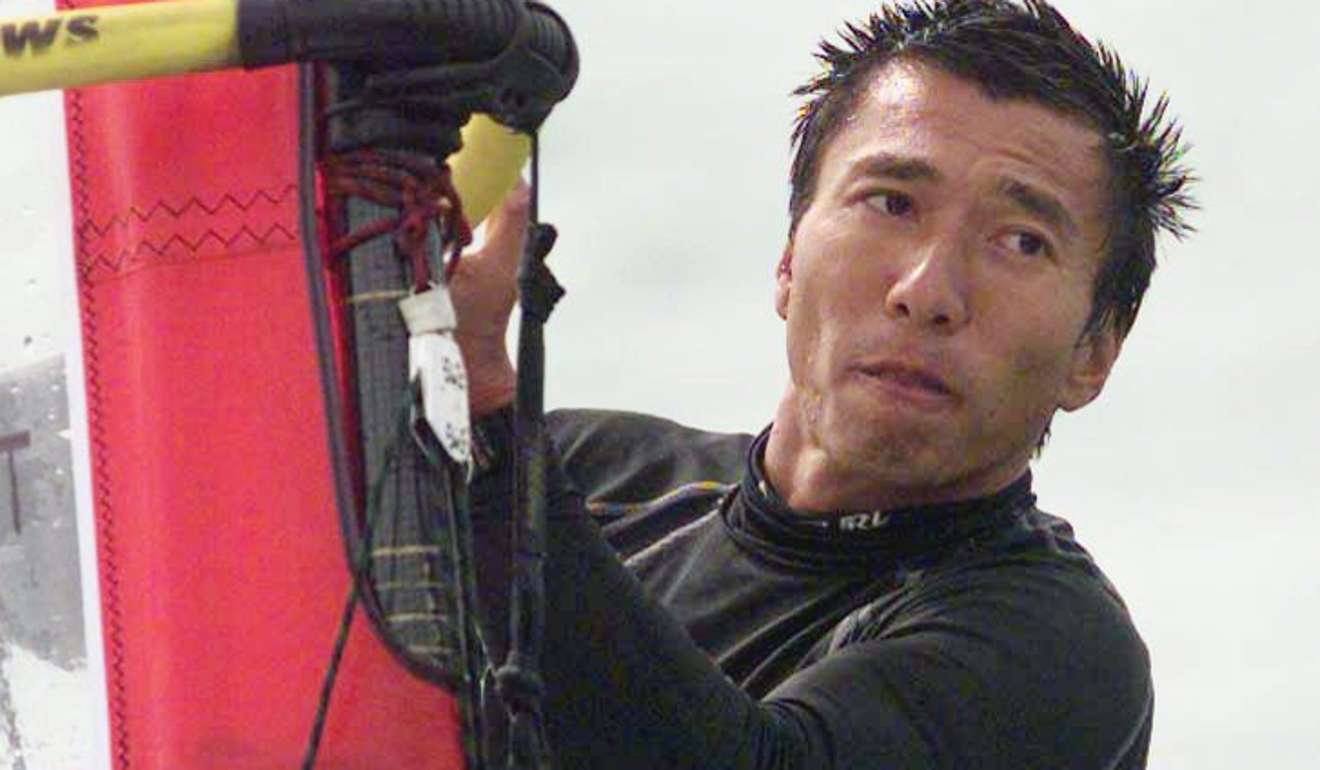
Why a cultural shift is needed to market Hong Kong sports and athletes
Former and current sports names say government is not doing enough to encourage the business sector into investing
The government should actively encourage the business sector to support the commercialisation of sports, which would help athletes build a successful second career after retirement, a former athlete has said.
A number of active athletes told the Post that the first step in this process was to recognise the value of sports, and this must first come from the administration.
Sam Wong Tak-sum, a former member of the national windsurfing squad, said Hong Kong had been slow to move into the commercialisation of sports, compared to other cities.
“[Hong Kong] athletes spend most of their time on improving their performances in order to achieve the right results, which means they focus mainly on sports. But when it comes to holistic and personal development, something is lacking,” he said.
“Maybe they don’t have sufficient time to focus on things outside of sports training, or maybe these elements don’t exist within their training programmes.”
Swimmer Yvette Kong Man-yi agreed that commercialisation of sports would help propel aspects that can benefit athletes, such as financial development and moral support.
“The first step is to recognise the value of sports. It involves a collective effort from all parties – athletes, government, media and the public – to make a substantial cultural shift,” she said.
She added that athletes should also be more proactive and take charge of their career planning.
Wong, now the head of office for the Hong Kong Athletes Career and Education Programme – which provides career support for serving, retiring and retired athletes – said some former athletes, who were receiving a considerable income when they were still competing, needed to lower their standard of living after retiring from professional sports.

Asked how the government could support or enhance sports commercialisation, Wong said it could raise the public profiles of athletes by recruiting them in government campaigns.
“These public events could help athletes build their image in society – once that step is reinforced, they will have [commercial] value,” he said.
“Relying solely on government funding is not enough in the long term. And I believe the business sector does want to associate itself with good athletes.”
Echoing Wong’s views, Tony Wu Tsz-tung from the national baseball team said the government should take the lead in such matters.
Leung Tsz-yan from the national women’s softball team also said she never had a chance to think about developing herself into a personal brand and she lamented that her team did not even have a proper training venue.
“I think helping the team to grow is also important,” she said.

